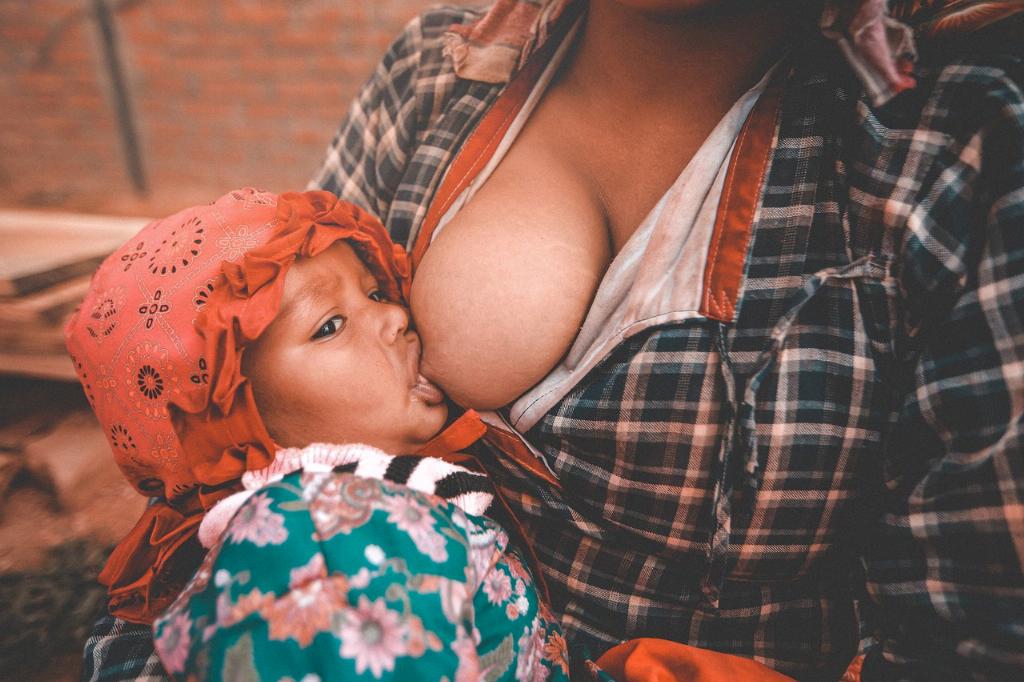When it comes to the question of whether a woman can breastfeed another woman’s child, there are several important factors to consider. One of the primary concerns is the risk of infectious diseases that can be transmitted through breast milk. Experts in the field caution that the risk is quite high when it comes to breastfeeding another woman’s child.
Various infectious diseases, including HIV, hepatitis, and various bacterial, viral, and yeast infections, can potentially be passed on through breast milk. This presents a serious health risk to both the wet nurse and the child being breastfed. Additionally, diseases such as parvovirus, herpes, rubella, and cytomegalovirus (CMV) are also known to be transmittable through breast milk.
It is crucial to consider the health and well-being of both the wet nurse and the child when exploring the possibility of breastfeeding another woman’s child. The potential risks associated with transmitting infectious diseases through breast milk are significant and cannot be ignored.
Furthermore, the practice of wet nursing has declined in modern times due to advancements in formula feeding and concerns about the transmission of diseases through breast milk. Many experts advise against the practice of breastfeeding another woman’s child, emphasizing the importance of prioritizing health and safety.
While there may be cultural or historical contexts where wet nursing was common, in today’s society, the risks associated with breastfeeding another woman’s child far outweigh any potential benefits. It is essential to prioritize the health and well-being of both the wet nurse and the child in such situations.
It is also important to consider the emotional and psychological factors involved in wet nursing. Breastfeeding is a deeply personal and intimate act, and the bond between a mother and her child is unique and irreplaceable. Introducing another woman into this dynamic can have significant emotional implications for all parties involved.
In addition to the potential health risks and emotional considerations, there are also legal and ethical concerns to take into account when exploring the question of whether a woman can breastfeed another woman’s child. Laws and regulations related to breastfeeding and the sharing of breast milk vary by jurisdiction and may impact the legality of such practices.
Ultimately, the decision to breastfeed another woman’s child is a complex and multifaceted issue that requires careful consideration of numerous factors. While there may be instances where wet nursing is considered, it is essential to prioritize the health, safety, and well-being of all individuals involved.
In conclusion, the risks associated with breastfeeding another woman’s child, including the transmission of infectious diseases, emotional complexities, and legal and ethical considerations, must be carefully weighed before engaging in such practices. It is important to prioritize the health and safety of both the wet nurse and the child in all circumstances.

